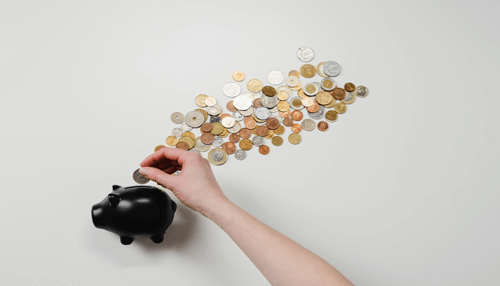Money management is absolutely essential to a good quality of life. By managing your money well, you can avoid debt and lead a life without financial stress. Of course, the way that you can achieve this isn’t something we’re taught at school and is often something we learn through trial and error. If you own a company, it’s essential you partner up with a small business accountant on financial matters, but you need to start with your financial discipline first. Here are a few tips that can help you to manage your finances well to help you along the way!
Live by a Budget
The first step that anyone who wants to be good with their money needs to take is to live by a budget. A budget will help you to determine how much you have available to you and consequently how much you can spend. This is a little more complex than simply knowing your income. You’re going to have to complete a few steps to consider the costs of day to day living. All in all, this is more than worth it. It gives you control over your finances and it makes sure that you don’t overspend, resulting in debt. Here’s a step by step guide to creating your own budget.
1. Know your take home pay
don’t assume that your salary divided by twelve is how much you have available to spend each month. There are compulsory deductions that need to be taken from these payments before they reach you. This can include tax and national insurance payments. If you have a student loan or are contributing to a pension, these payments will be deducted too.
2. Figure out your essential spending
there are certain costs in life that you simply need to pay to lead a good quality of living. These are called essential costs. Take your total income and deduct costs that you have to pay. This can include rent or mortgage payments, council tax, electric and gas bills, water bills and food shopping.
3. Deduct commitments
chances are, you have a few things that you’ve committed to pay by signing contracts. You need to deduct these from your remaining amount too. These costs can include things like broadband payments, car payments, phone payments, insurance payments and minimum payments on credit cards or loans.
The amount that you’re leftover with when you’ve deducted all of these payments is your disposable income. This is the amount that you have available to spend however you wish!
Use Financial Services
There are certain individuals who will benefit greatly from using professional financial services. Are you self-employed? Using an accountant can help you organise your taxes well. Got a lot of money? Wealth Management services can help you to invest your money wisely.
Save
Of course, it’s worth saying that you should save some of your disposable income if possible. This will ensure you always have a backup for a rainy day, or can enable you to make more lavish purchases should you wish.
Managing money can feel difficult at times, but hopefully, some of the above advice will help to make this journey that little bit easier!



